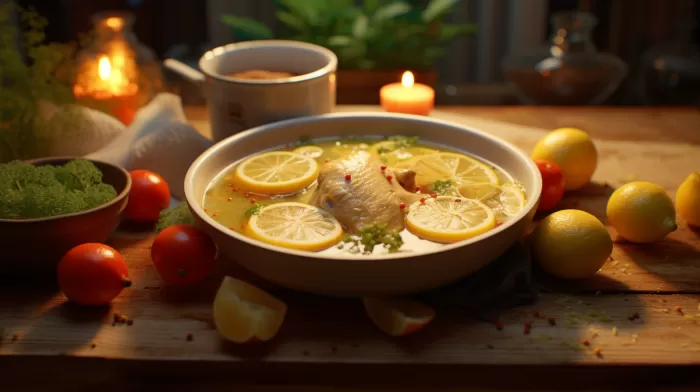You’ve likely heard the age-old adage “Feed a cold, starve a fever.” But is there any truth to it? It may not be as accurate as you once believed. In fact, a study indicates that a more fitting adage might be: Feed a virus, starve bacteria.
Yale researchers found that mice recovered more quickly from bacterial infections when they did not consume any food. In contrast, mice with viral infections experienced faster recovery times when they ate.
Starving Bacteria
In the first part of this study, researchers infected mice with Listeria monocytogenes, bacteria that typically cause food poisoning. Predictably, these mice lost their appetite. The researchers allowed some of the mice to fast while the others were force-fed. What they found was intriguing: the mice that did not eat eventually recovered, but the mice that were force-fed died. So, when it comes to bacteria-based stomach bugs, it’s best to follow your body’s cues and avoid eating.
Feeding Viruses
In the second part of the experiment, researchers infected mice with a flu virus. They force-fed glucose to some of these mice, while others were not fed at all. These results were quite different from the first part of the study: the mice that were fed survived, while the mice that fasted died.
It’s important to note that these studies were done on mice, and it is uncertain how these findings would apply to humans, although researchers are interested in finding out.
Best Foods for Colds and Flus
In the meantime, you should be mindful of what you eat when you’re sick, as certain foods might aid the healing process while others might prolong your illness. As the researchers reported, when dealing with a non-life-threatening infection such as a typical cold or flu, you should listen to your body: eat what your body craves, as it might be signaling what it needs to fight the infection.
There are some general guidelines for eating when you’re sick. For a cold, consume plenty of hot liquids, such as broth-based soups and hot tea, to combat phlegm. Eat foods high in vitamin C, like citrus fruits, to boost your immune system. And if you’re congested, try eating something spicy to clear out your nasal passages.
The flu requires a more gentle approach, particularly if you’re experiencing nausea. Opt for bland foods, like a bowl of oatmeal with banana, to restore your electrolytes. Chicken soup is an easy and popular choice— even store-bought varieties can reduce cold and flu symptoms. You might also try stomach-soothing beverages like ginger and peppermint tea or fruit and vegetable juices to easily get some nutrients.
Regardless of what you eat, always ensure that you are drinking plenty of water. Dehydration can prolong your illness, no matter what type of infection you have.



